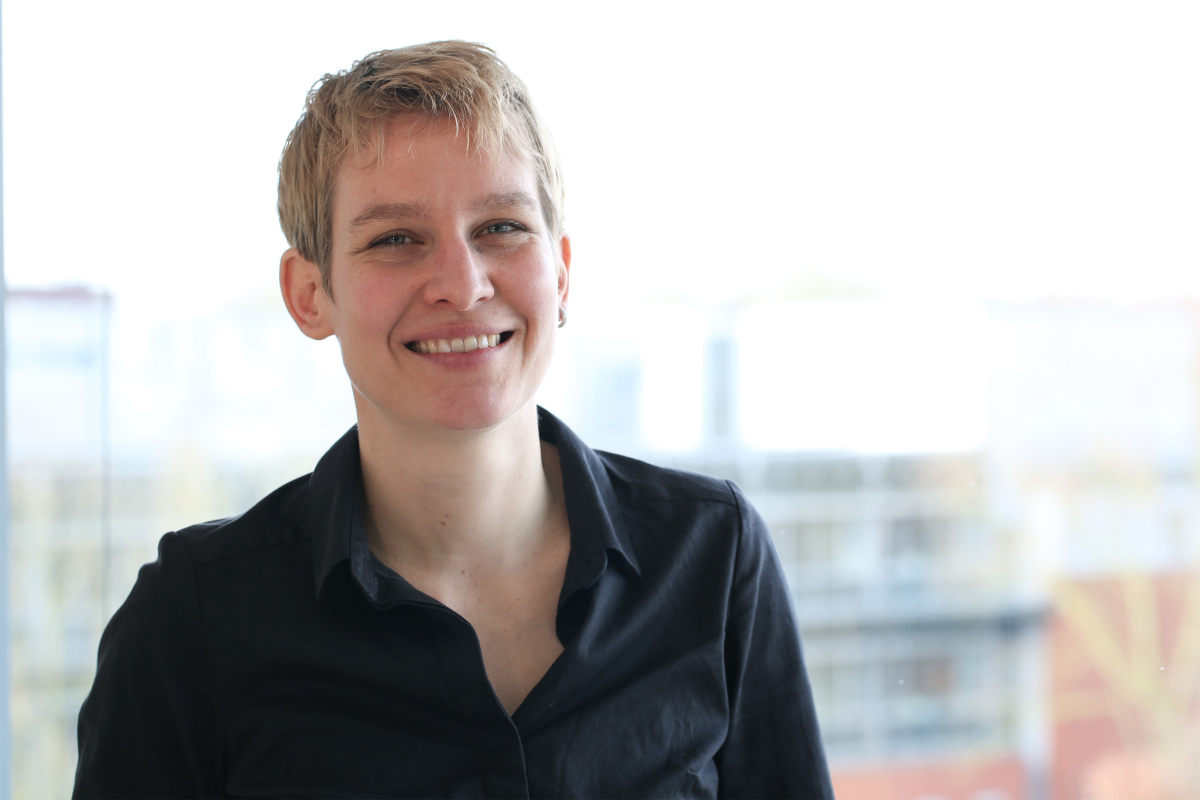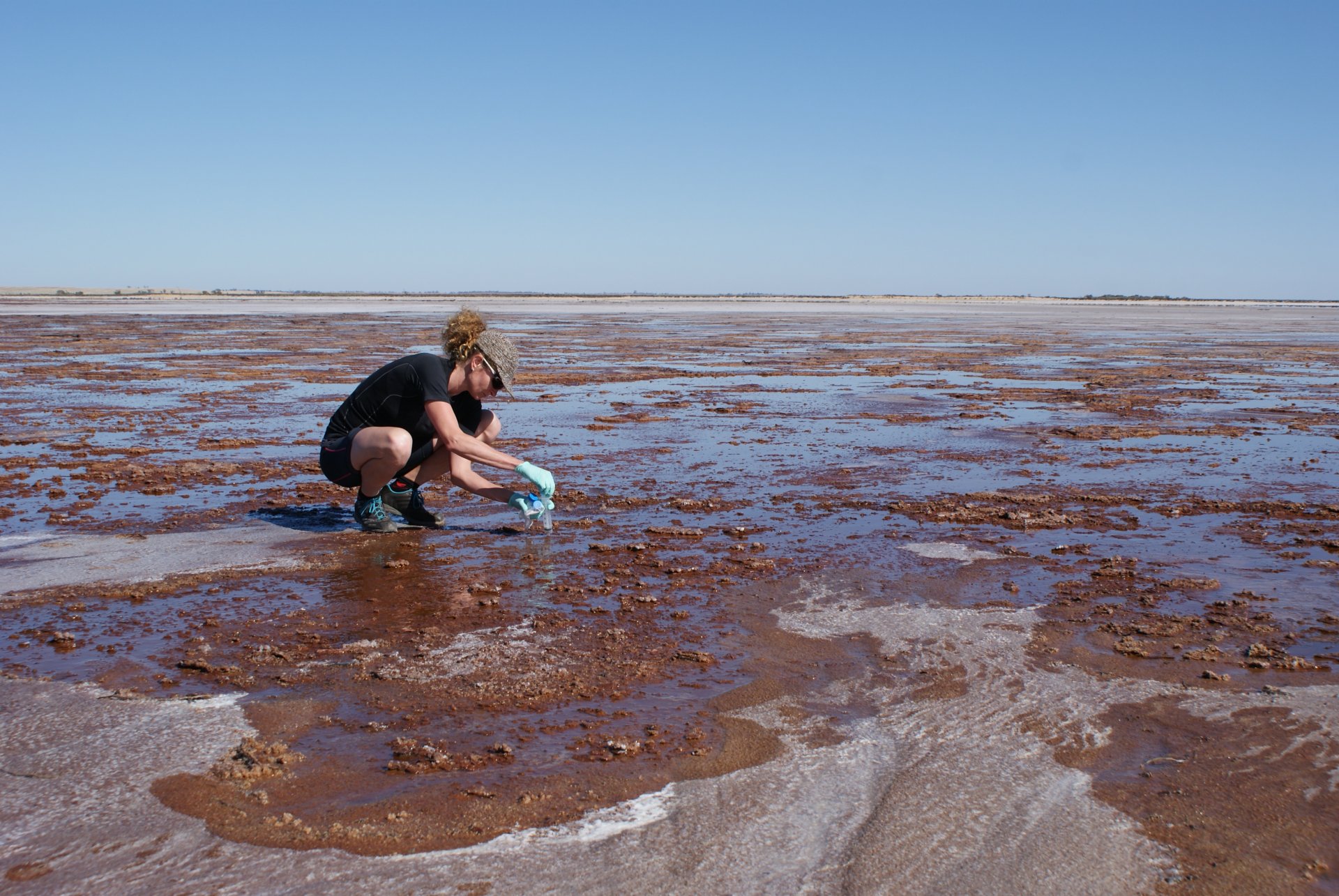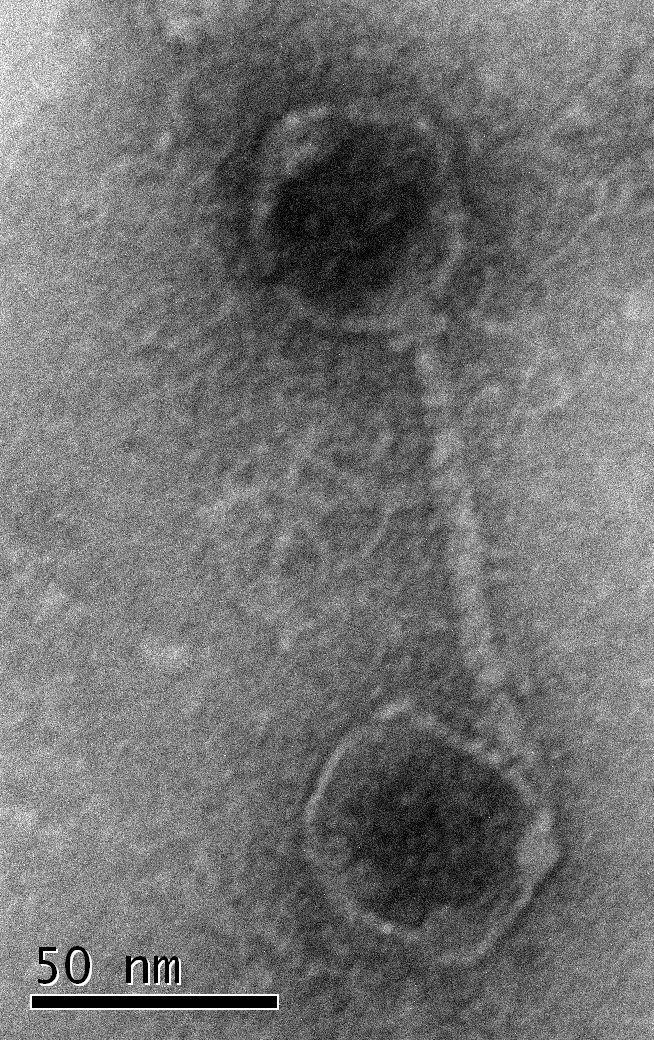- Press Office
- Press releases 2019
- New Max Planck Research Group at the MPIMM: Archaeal Virology
New Max Planck Research Group at the MPIMM: Archaeal Virology
Dr. Susanne Erdmann is joining us from the other side of the globe: After completing her PhD and a PostDoc at the University of Copenhagen, Denmark, she moved to Australia to pursue her research at the University of New South Wales and the University of Technology, Sydney. From there, she now moves to our institute in Bremen.
For more than ten years, Erdmann has studied viruses that infect members of the third domain of life, the archaea. These archaeal viruses were shown to be very distinct from viruses infecting bacteria and eukaryotes (the other two domains of life). Their discovery has opened up a new fascinating world of virology. “Archaea were initially thought to inhabit only extreme environments such as hot springs, hydrothermal vents or very salty lakes,” Erdmann explains. The majority of the archaeal viruses isolated to date come from such environments. “However, we know today that archaea and their viruses also play a very significant role in moderate environments such as the ocean, but no archaeal viruses have been isolated from marine environments so far.” Thus, there is ample space for research on the topic.
“The Max Planck Institute in Bremen with its impressive expertise in marine microbiology offers the great opportunity for me to explore the marine environment for viruses infecting archaea and thereby significantly expand our knowledge in archaeal virology,“ says Erdmann.
One major research focus of the new group will be the relationship of viruses with membrane vesicles. “During my studies of hypersaline (very salty) Antarctic lakes, I discovered a new virus-like element, the so-called plasmid vesicles or PVs,” Erdmann explains. “These allow us to draw conclusions about how viruses might have evolved.” The evolution of virus particles appears to be closely related to membrane vesicles, which are produced by all living cells and serve a range of crucial functions in cellular communication and interactions with the environment, including protection against viral infection. “We will investigate membrane vesicle formation in Archaea, the formation of plasmid vesicles and study the interactions between membrane vesicles and viruses.”
“We are delighted to welcome Susanne Erdmann to our institute and look forward to working with her to produce exciting research results and gain new insights into the world of archaeal virology,” says managing director Rudolf Amann.
Further information:
Please direct your queries to:
Head of Press & Communications
MPI for Marine Microbiology
Celsiusstr. 1
D-28359 Bremen
Germany
|
Room: |
1345 |
|
Phone: |


